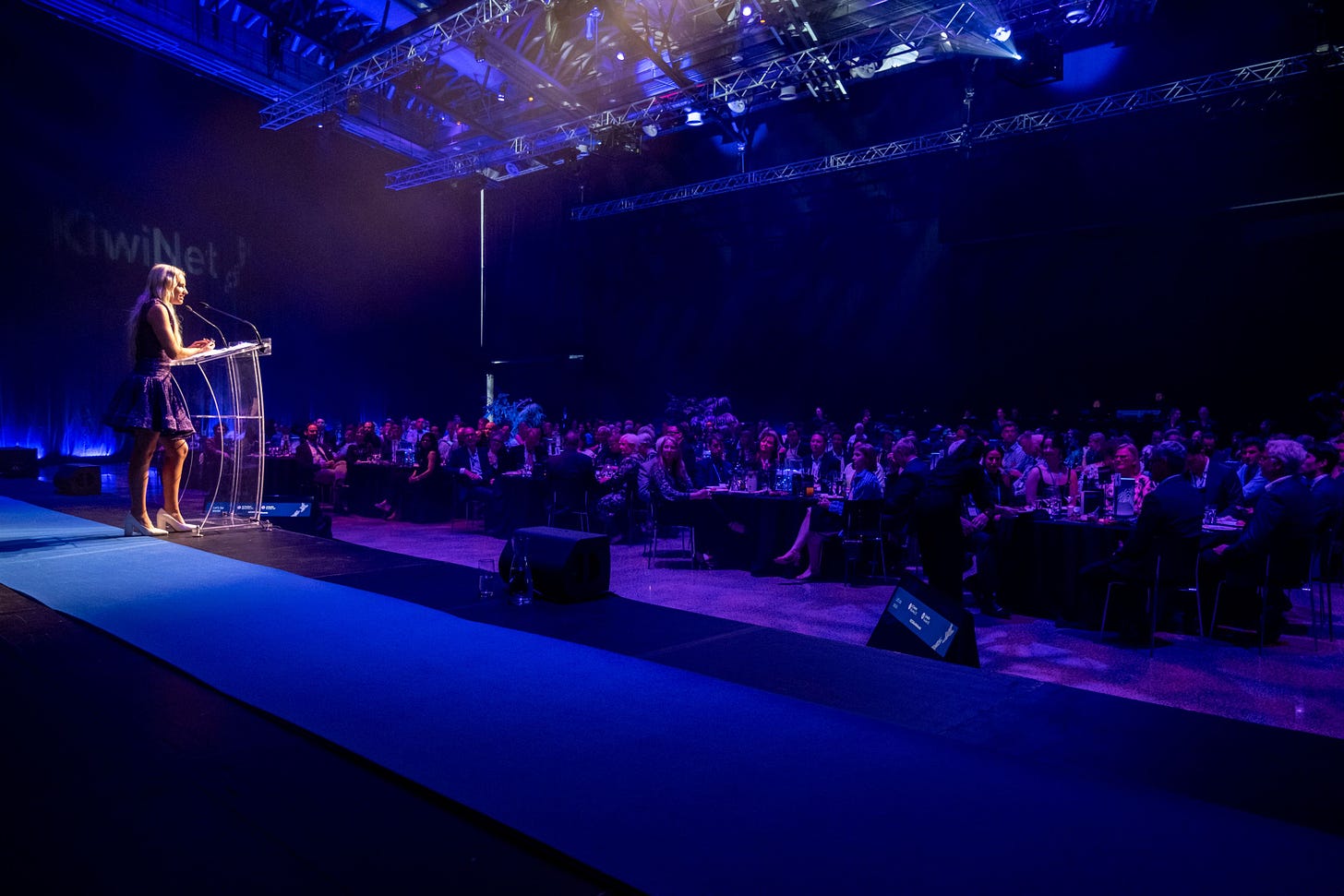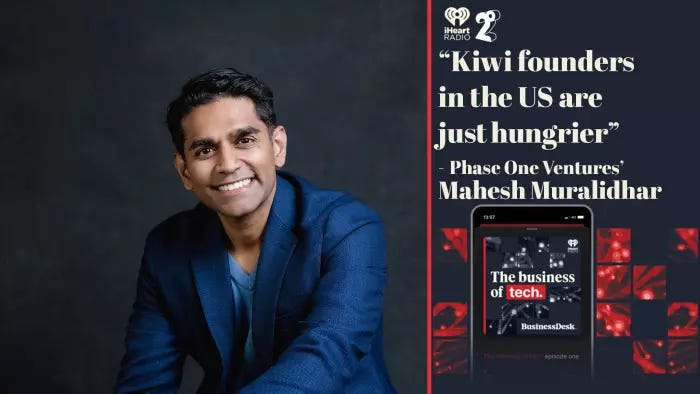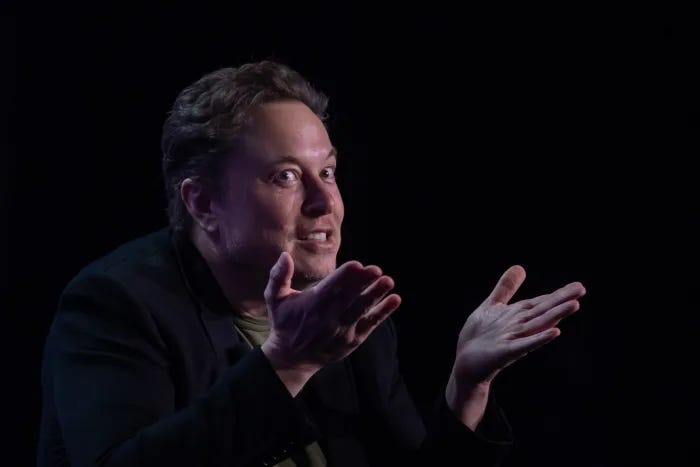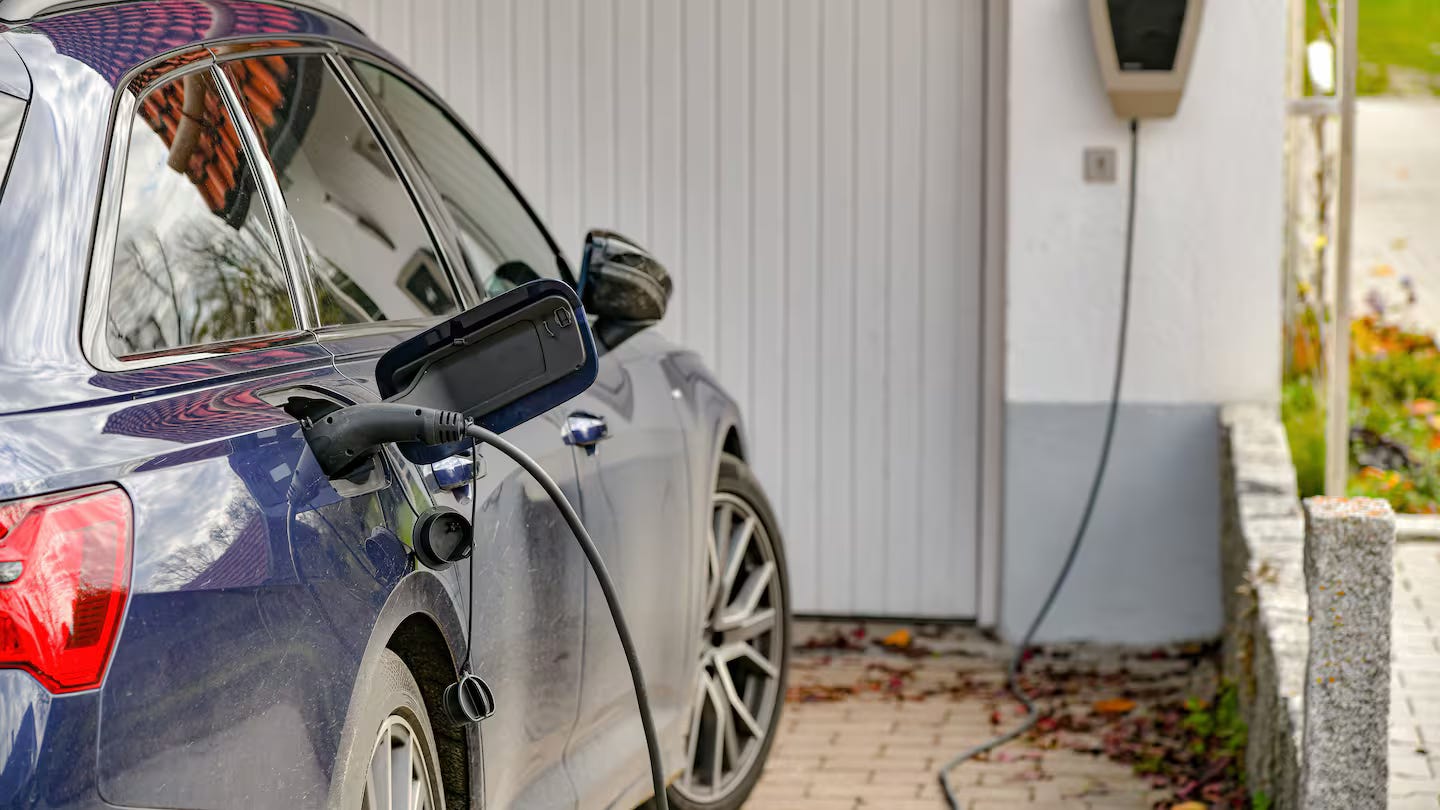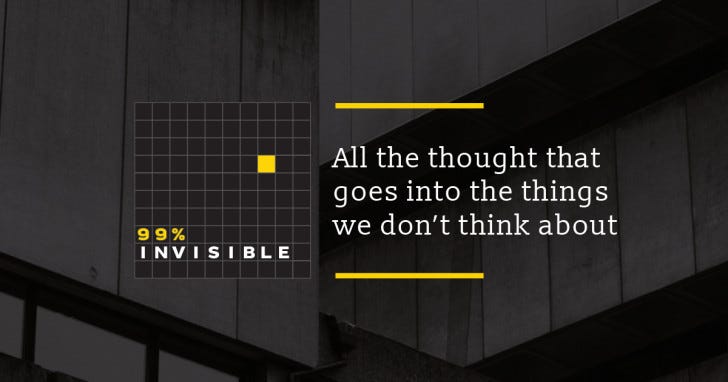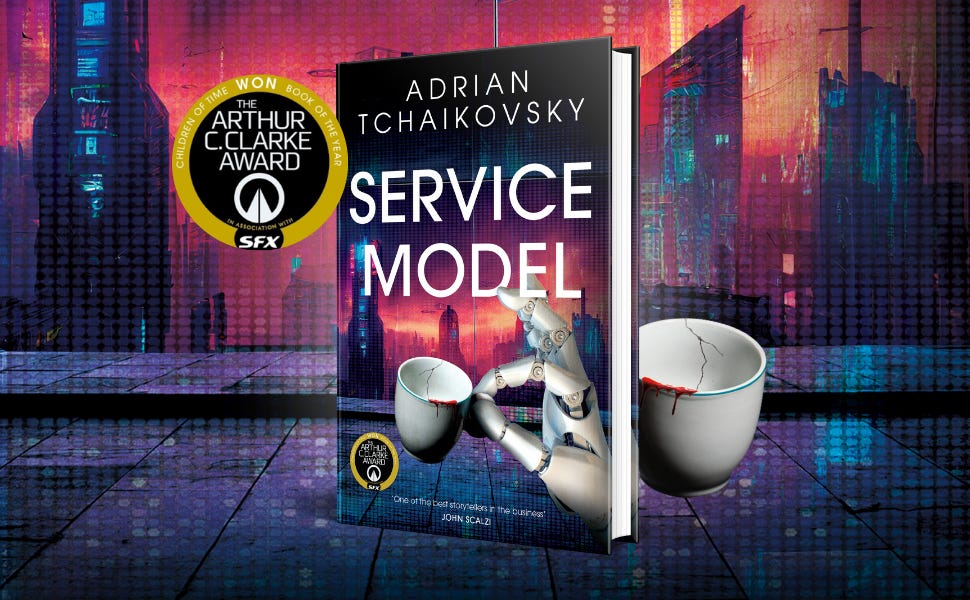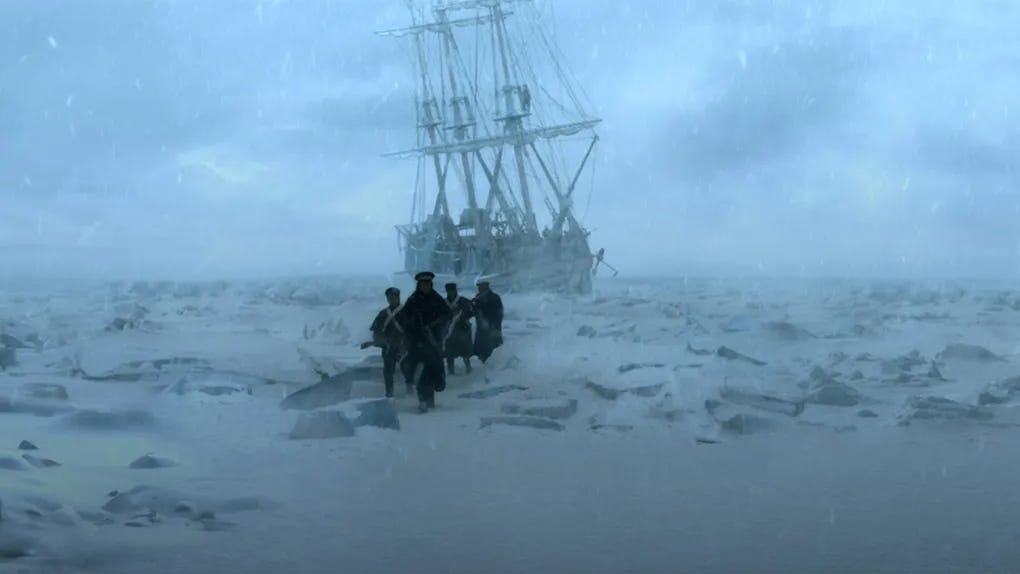Politics of Tech: Scott Willis wants to give ‘Green energy’ new meaning
News from the New Zealand startup ecosystem, straight to your inbox.
Good morning Caffeinators!
You’ve made it another week, welcome to a bumper newsletter to welcome you into the weekend.
Today we’re bringing you Part Two of our ‘Politics of Tech’ series, where we talk to New Zealand lawmakers about their vision for a future focused economy. In this feature, the Green Party argues why unlocking the energy market will be a boon both for the economy and the environment.
And alongside your Daily Shot we’ve got our curated ‘Weekend Fuel’ list, including some non fiction for those wanting to learn something this weekend and fantastical series for those wanting to simply switch off.
As always, a huge thank you to all those who have donated, subscribed or just got in touch. Have a great weekend, look after yourselves and each other and we’ll see you Monday.
Finn & the Caffeine Team
Politics of Tech: Scott Willis wants to give ‘Green energy’ new meaning
Welcome to Politics of Tech, a regular feature from Caffeine in which we speak to the politicians shaping our country’s future and hear their pitch for building a vibrant, future-facing economy.
Following our chat with Labour’s Deborah Russell, the second cab off the rank is the Green Party’s Scott Willis.
When asked what he saw as the key issues holding back startups in New Zealand currently, he pointed first to capital while also neatly folding in the broader Green Party message of tax reform.
“You can see that the capital for startups is not easily available, and we know that, and that’s where we need a reform of our tax system with a capital gain tax or wealth tax pushing capital towards more productive spaces and the types of credits that you can get.”
But beyond giving startups access to equitable capital, Willis argues that by remaking our energy market, we can take ‘Green Energy’ to a whole new level.
Energy is upstream of every industry in the country, with cost spikes flowing into every other product and service.
Providing access to cheap, abundant, electric energy from renewable sources can allow businesses—particularly in the deep tech space—to attempt much bolder things without the same spike in cost and emissions.
“We know that electricity and access to energy is key to a functioning economy. We can’t afford oil, gas, or coal because of the increasing greenhouse gas emissions, which exacerbates the climate crisis and gives us much more expensive challenges.”
KiwiNet Winners crowned: The 12th annual KiwiNet Research Commercialisation Awards were honored at a gala event in Auckland this week. The awards celebrate Kiwis transforming scientific discoveries into new technologies and businesses. Winners’ innovations include animal-free dairy proteins, high protein oat milk powder, a plant-based polystyrene replacement, med-tech AI for eye exams, and advanced engineering innovations for health and building resilience. Check out the full list of winners here.
Business of Tech: Great pod from from Ben Moore and Peter Griffin on Business Desk. They interview venture capitalist Mahesh Muralidhar, founder of PhaseOne and former early employee of Canva. He argues New Zealand's software startups should prioritise expanding into the lucrative US market. He discusses the unique benefits of NZ founders on the global stage and some cultural things that might hold them back. Listen here.
Robotaxis: The busiest and most controversial founder of our time, Elon Musk, will take a break from jumping on stage with Donald Trump to unveil the future of Tesla at his “We, Robot” event. Self-driving cars have long been part of Tesla’s future vision and Musk has made many promises about when the tech would arrive but today we‘ll finally get a look. Read more here.
Race for next generation EVs: On the topic of future cars and following from our Friday feature, nice piece here from Herald (via Financial Times) on the race for next generation batteries to power our electric future. With the global EV industry seeking to win over sceptical consumers put off by long charge times and “range anxiety”, China’s CATL and Gotion High-tech are unveiling batteries that can be charged from 10% to 80% in less than 10 minutes. Read here.
Media isn’t easy, and over the past year, we've faced our fair share of challenges. To keep going, we need your help.
If CAFFEINE matters to you, here’s how you can back us:
Readers: Subscribe for $15 a month. Every bit helps. If you're not in a position to support please consider sharing the free feed with friends or family.
Founders: Become a CAFFEINE patron and help others achieve what you have. Make a donation of your choice on the button below or drop us a line.
Startup leaders: Buy a discounted subscription for your team to keep them informed and inspired. Click the ‘group’ plan on the subscribe page.
Corporates & Brands: Partner with us and show your commitment to our startup ecosystem. Buy a day, run an event, create some paid content, back our pods.
🚀 Together, let’s fuel the next wave of New Zealand startups.
Here’s what’s on our radar. Hit us with your own recommendations.
99% Invisible: If I had to say my favorite podcast of all time it would be this one. Hosted by Roman Mars, it’s a beautifully produced, informative and strangely uplifting look at the built world and how much of it goes overlooked. With topics covering everything from hostile architecture in cities to the subtle design stories of everyday objects in your home, after a few episodes I promise you will start seeing the world differently ~ FH.
Book: Adrian Tchaikovsky is one of the funniest, cleverest and most prolific sci fi writers working today and his latest book (at least of time of writing this, the guy pumps out a new one every few days it seems) is a great twist on the ‘robot apocalypse’ genre. It follows a valet butler bot called Charles, who after a terrible accident with his master, journeys out into a world that is quietly collapsing. He just wants to make tea and iron shirts but gets a bit distracted by AI induced Armageddon. The author describes it as “Mad Max starring C-3PO.” And c’mon, tell me that’s not a good pitch. ~FH
TV Show: One of my favourite narrative tricks is taking a harrowing historical event, adding a fantastical element while dramatising, but keeping it grounded in real events. Nowhere is this better done than in The Terror from AMC, which tells the story of the titular HMS Terror and Erebus, two British Navy vessels which vanished mysteriously in the Arctic in the late 1800s. When discovered, the ships were empty with their crews corpses scattered across the ice, dead after fleeing into the frozen wastes as if from something horrifying found onboard. There is a real, tragic answer to what made them do this but the show has a lot of fun adding an element of magical horror ~ FH
Something to sip on: Sidecar
One of the old classic cocktails still enjoyed today, the Sidecar dates back over a century. With the weather a weird mix of spring mixed with the last gasps of winter, this is a perfect drink to balance the richness of cognac with the refreshing bite of citrus ~ FH.
Ingredients:
90ml cognac
20ml orange liqueur (such as Cointreau)
25ml lemon juice, freshly squeezed
Garnish: orange twist, sugar rim (optional)
Method:
Coat the rim of a coupe glass with sugar, if desired, and set aside.
Add the cognac, orange liqueur and lemon juice to a shaker with ice and shake until well-chilled.
Strain into the prepared glass.
Garnish with an orange twist.
Enjoy!
That’s it for today, thanks for reading. Want to get in touch with a news tip, bit of feedback or just to chat? Email hello@caffeinedaily.co. Look after yourselves and each other this weekend and we’ll see you Monday.







